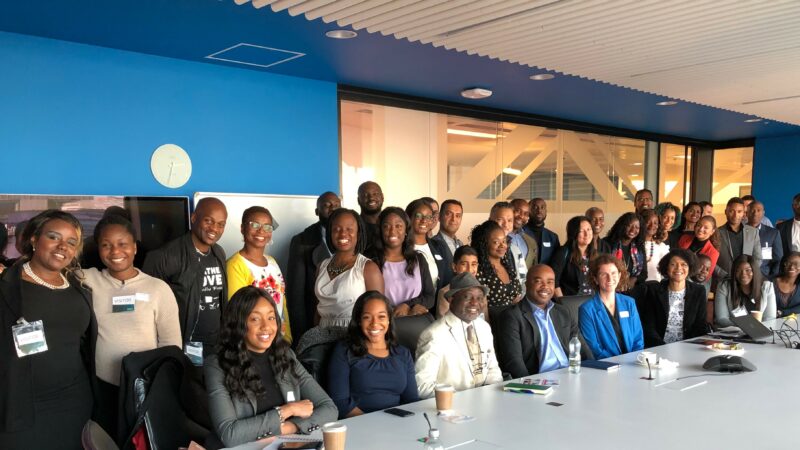
As Black History Month draws to a close for another year, those of us in politics to serve, empower and strengthen each other to tackle injustice, inequality and prejudice are reminded of Martin Luther King’s words that “the time is always right to do what is right”. There is so much an incoming Labour government must “do right” for black, minority ethnic and migrant workers.
Growing up, I remember the name Jayaben Desai being mentioned regularly in our home. My mum and dad had come to Britain as immigrants from India, and Jayaben Desai – who led Grunwick strikers – was a hero for standing up to an unscrupulous boss. Their generation of mill workers, sewing machinists and foundry workers could relate to her story of exploitation, discrimination and prejudice in the workplace. Yet 50 years on, today’s generation of workers are treated as shamefully as our parents were.
Britain’s black, minority ethnic and migrant workers who are most at risk of exploitation and discrimination work in the hospitality sector, construction industry, social care, and undertake factory-based work. They are vulnerable to employers or employment agencies imposing poor terms and conditions. This includes being forced to work long hours despite being on zero-hour contracts; charging for copies of contracts and wage slips; tracking productivity levels and facing accusations of poor performance. Many black, minority ethnic and migrant workers live on the breadline, surviving on less than the minimum wage and employed under a precarious culture of fear.
Pakistani and Bangladeshi heritage workers have the lowest median hourly pay of any ethnic group, earning 20.1% less than white British workers, and the Resolution Foundation has calculated the annual pay penalty to be £3.2bn.
Gender pay reporting has exposed how our largest employers are under-paying women in the workplace. Labour’s Race and Faith manifesto must make ethnicity pay reporting (and disability pay reporting) statutory. Because “if you measure it, you manage it”, and only then will employers take action to raise pay fairly, and improve terms and conditions.
Many in our invisible community of black, minority ethnic and migrant workers are forced to work on zero-hour contracts with devastating consequences – the social carer from Bangladesh with cancelled shifts who finds she can’t afford her weekly rent; the Polish warehouse worker who can’t afford new school shoes for their kids; and the hospitality worker from Bulgaria sent home early not knowing how much he will earn from one week to the next. Abolishing zero-hour contracts will immediately transform the lives of those already facing disadvantage in the labour market.
All workers must be entitled to and able to enforce employment rights from day one. Our manifesto must reaffirm that employment rights are human rights and must not be linked to immigration status. This would stop bad employers using migrant workers to undercut other workers and drive down conditions and pay for all. It is only by ending this unfair practice that we can give back all workers the stability and security they demand.
We know young people from working-class backgrounds struggle to secure jobs in professional industries (media, financial services, management consultancy, law), and so the odds are particularly stacked against young black and minority ethnic people from working-class backgrounds. As CEO and a trustee of two charities working with young people from under-represented groups, I have heard first-hand the barriers faced by talented young people. We must tackle recruitment bias and opportunity hoarding, and employers wanting to recruit from diverse backgrounds need to get behind systems change. Labour must be at the forefront of encouraging this, showcasing best practice, and introducing kitemarks for employers.
These topics were explored by Chi Onwurah and Anneliese Dodds at a brilliant Black History Month meeting with stakeholders last week. These ideas and others must feature in our Faith and Race Manifesto (consultation at labour.org.uk/race-



More from LabourList
Sarwar: ‘Humza Yousaf’s leadership is in tailspin. The time for change has come’
Haigh: We won’t shut ticket offices or cut jobs – or nationalise water
Lou Haigh to reveal ‘roadmap’ for public ownership of railways within first term